Come My Way
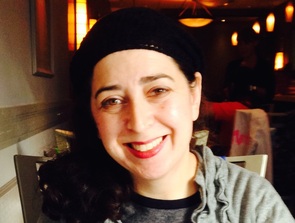
Smaller Jewish communities across the country are looking to grow numbers by enticing people away from big cities. Community recruiters make it happen

B
inyamin Teitelbaum spent much of the spring handling calls from prospective homeowners asking about the local eiruv taxes job opportunities and more. Teitelbaum though isn’t a realtor but a community recruiter one of a growing number whose goal is to help families make one of the biggest decisions of their lives.
Many of those initial contacts take a similar track says Teitelbaum a member of the Cincinnati kollel. Either the husband or wife will call and say “Hi I saw your ad [in Mishpacha magazine or elsewhere] and want to hear more about Cincinnati. We’ve been considering moving out of town and want to learn more about it.”
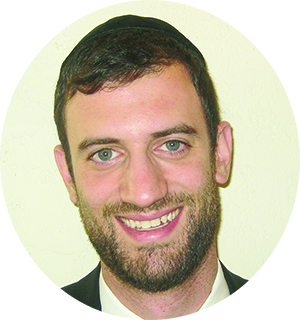
Oftentimes the questions they ask will also echo one another. “I get asked most about the level of chinuch in town which is baruch Hashem an area our community invests heavily in. They also ask about the price of housing which is affordable and the type of people who comprise our community which is fantastic ” he says.
According to the US Census Bureau from 2012 to 2013 35.9 million people in the United States moved residences. Spurred on by lower housing costs family-related concerns and job opportunities they packed up and headed elsewhere. More than 4 million of those surveyed moved more than 200 miles from their previous home.
Similar factors are influencing young religious families to pick up and move from traditionally popular and heavily Jewish neighborhoods in the New York metropolitan areas to small out-of-town Jewish communities. Helping them navigate the ins and outs of relocating — from housing to schools employment opportunities to grocery shopping — are dedicated full- or part-time recruiters.
“I think the concept of a community-relocation specialist is becoming more of a professional position” says Hannah Farkas director of board engagement and new leadership at the Orthodox Union who helps run the OU’s Jewish Communities Home and Job Relocation Fair. Held biennially since 2008 — the next one is in 2017 — the fair brings thousands of people considering a move together with representatives of Jewish communities in the United States and Israel that are looking to grow.
“I happen to think it’s a very smart thing because having lay leadership focus on the multiple components of helping people move can be draining on a community and its resources” Farkas says. A designated point person can better facilitate in all the areas people are looking for she added from arranging for pilot trips to housing and jobs.
The Road to Recruiting
Yaakov “Jake” Dan grew up in Rochester, New York, one of Forbes magazine’s top US places to raise a family. Yet the city’s Jewish community has stagnated in recent years. Knowing that their city has much to offer religious families, Dan and his father, Bruce, began brainstorming how they could encourage people to give their community a try.

“We were kind of frustrated because new families weren’t coming in,” says Dan, who along with his wife, Adina, has four young children. “What we suspected, and have since found to be true, is that people weren’t coming because they didn’t know about Rochester. They had never heard of the city, or, if they had heard of the city, they didn’t know it was a viable option.”
Dan says Rochester has all the basics to live not just a frum life, but a high-quality life that includes high-quality education. “We figured if we could get the word out there, we would see an uptick in families.”
To accomplish their goal, Dan and others in the community came up with taking Jewish Rochester online. Using banner ads on popular Jewish websites, 15 new families have moved to Rochester, joining the more than 100 families who already call the city home.
“A lot of the new families have come and jumped right in to help advance various causes in the community, or help with the shuls,” says Dan. For instance, one relatively new resident opened a summer camp for teenage boys looking for a Jewish outlet.
If you had told Teitelbaum, a Long Island native, that he would one day be living in the Midwest, he now admits he would have thought “you were mad or hallucinating. But Hashem has funny ways.”
Teitelbaum, his wife Penina, and their three children moved to Cincinnati three years ago following a stint in Phoenix. The couple had only been living in their new hometown for a short time when he took on the role of community recruiter.
Previously, some of the recruiting came through a program called “Torah L’netzach,” which offered a partial kollel stipend to young married men who moved to town with their families and learned part-time in the Cincinnati Community Kollel while studying for their chosen career.
“The program was a success, and my position was the next evolution of communal growth,” says Teitelbaum. “The idea was to find people who had already finished college and see if they would be interested in moving to Cincinnati, because it’s a strong, growing community of bnei Torah in a very relaxed and affordable city. I said I would take that bull by the horns and see if I could turn it into something,” he recalls.
In the last 18 months, seven families have moved into town. Another five families and six new kollel members with young families will be moving in over the summer.
One looking to move to South Bend, Indiana, might call Michall Goldman, a veteran community recruiter executive who is now director of the city’s Community Development Initiative. Following a stint as a recruiter in a very small community, Goldman relocated to Indiana in December 2013 when she was offered a similar recruiting job in South Bend.
“We had friends who said ‘we need you here,’ and my husband [Rabbi Daniel Goldman] went to yeshivah in South Bend for high school, so we already had some connections there,” says Goldman, the mother of five young children between the ages of one month and seven years old.
Goldman says her life history has made her uniquely qualified for the position. “Because I’m from Milwaukee, graduated from Bais Yaakov of Denver, and am originally from Southern California — and lived in Chicago as a single girl when I went to the Blitstein Institute — I know a lot of people and have a lot of connections,” she explains. “I’m also very outgoing and very organized, and deal with a lot of business people. I also have a good memory for names and faces.”
All of which aid her work in recruiting new people to her community. Not only does she need to network with potential new residents, she must also “have a really good understanding, grasp, and connection with the businesses in South Bend and the parnassah opportunities for people,” she says.
Currently, the South Bend religious community has about 100 families, 14 of whom have moved in over the last two years. A handful of others are expected this year.
You Can Afford to Buy
For many of those who are considering moving, the chance to own their own home is a huge allure, especially those from the New York area. A recent study found that Brooklyn was the most unaffordable place to live in the United States. Real estate firm RealtyTrac reported that a person earning the average salary in Brooklyn cannot afford to buy an average-priced home there.
Similarly, residents of Southern California — to whom recruiters in cities like Phoenix and Houston are reaching out — are also feeling the sting of high-priced housing.
By contrast, many homes in Cincinnati are in the $200,000 to $250,000 range. Rochester residents can get a four-bedroom house for $200,000 complete with a large yard for the kids to play in. Housing is even cheaper in South Bend, where $200,000 can get you a five-bedroom, 3½-bath home with a finished basement. And in Harrisburg, Pennsylvania, another Jewish community looking to grow, nice homes are available for $175,000.
Job opportunities may also be more plentiful in out-of-town areas, particularly for educated individuals with specialized skills.
“I spend a lot of time researching and talking with people to find out what jobs are in South Bend, what [employers need] and whether I can find a job for a person with certain qualifications,” explains Goldman. “We live in a manufacturing town that needs a lot of professionals, particularly experienced medical professionals and engineers.”
“One of the big struggles of going into a new community is finding the job opportunities,” says Dan. To that end, he continues, “We have a community e-mail list where I can send out r?sum?s and people are always helpful, reporting back if they know about job availability. We also network, so it’s not just the person moving in who’s looking for a position. We’ve had some successes, and baruch Hashem, it’s all worked out.”
As for schools, tuitions are cheaper outside the major cities. A number of out-of-town communities offer discount tuition incentives for new families. Others tout state-funded programs that allow for school choice or vouchers, making yeshivah tuition extremely affordable in places like Pennsylvania, Arizona, and Ohio.
Full tuition at the South Bend Hebrew Day School, for instance, is $6,500 for grades one through six. That figure can be significantly lower — even free — for families who qualify for the state’s tuition vouchers and tax-credit programs. That, according to Goldman, has been a huge draw for Jewish families.
Also worth considering are the financial incentives that some cities offer to families who make a commitment, usually a multiyear agreement, to relocate. The Jewish community in Memphis provides help with airfare to explore its town, and tuition breaks and some financial assistance with moving costs. Similarly, the Bensalem Jewish Outreach Center in Bucks County, Pennsylvania, a Philadelphia suburb, recently announced plans to bring ten new families to town by providing them with $25,000 toward a down payment on a home.
Other communities waive shul dues, building-fund dues, mikveh fees, or other communal charges for new residents for the first two or three years.
Fitting In
While it may seem that housing or employment are the most appealing factors when a young couple decides to move, a survey conducted nine years ago for Yeshiva University’s Center for the Jewish Future actually found a particular consideration that rated higher: a community’s hashkafah.
That finding doesn’t surprise Rabbi Kenneth Brander, vice president for University and Community Life at Yeshiva University. He was among the lay and religious leaders who helped grow the Orthodox community in Boca Raton, Florida, from 60 to more than 800 families today.
“I think people recognize that when they move out of the Tristate area into communities that are redeveloping, you won’t have the amenities you have in [a place like] Teaneck, where you can go out every night and not repeat restaurants,” Brander says. “But I don’t think that’s what people are looking for. They are looking a community they are comfortable with, a community they can be a part of.”
And that, he says, is where a neighborhood’s hashkafah comes in. “Even if everything isn’t fully developed, they know the direction the community will grow in. I think that’s true in Cleveland and Philadelphia.”
Goldman from South Bend echoed that idea. “Each city has a different demographic in terms of what their job market looks like, the community’s religious hashkafah, and even the weather. Different families will have different needs that need to be taken into account.”
To ensure that every family has a chance to find the community best for them, Goldman belongs to a chaburah of recruiters from cities like St. Louis, Minneapolis, Cincinnati who share best practices, ideas and, if appropriate, steer families to the most appropriate town.
“It’s the idea of working together to help families, help Yidden take care of their families, have a parnassah and be matzliach in their move,” she says. “There are more than enough families on the East Coast who are looking to move.”
Brander says that more and more families are recognizing there is life past the New Jersey Turnpike, and mentions Kemp Mill, Maryland, and Philadelphia as just two outstanding examples. For those looking to make the big move, the OU Relocation Fair offers access to dozens of different communities at one time.
“Every community offers something different and every person is looking for something different,” says Farkas, “so to be able to put all these communities in one room gives people a chance to see what is the best fit for them. It’s not one-size-fits-all when finding your new home and community.”
Jitters
Though the idea of home ownership may be appealing, making the leap to actually moving is another thing entirely.
“I get the feeling that for many people who live in the greater New York metro area, the concept of moving out of town is so much of an unknown it doesn’t get onto their radar,” says Teitelbaum. “And if they are going to consider it, they have to be willing to explore what it will mean. It’s not like going to the moon. Cincinnati, for instance, is within driving distance of Lakewood, Brooklyn, Far Rockaway, and Baltimore. It’s not so far. You’ll still make it to your family simchahs — it’s just the concept that people need to face.”
One of the best ways to see what life will be like in another community is to spend a Shabbos weekend there. That will allow you to talk with people, make connections, see the shuls, schools and, hopefully, job hunt.
Even those who are seriously considering relocating say making the decision to move away from family, friends and a vast score of Jewish amenities — everything from specialty food items at the kosher market to multiple daily minyan options and a large number of schools to choose from — isn’t easy. That’s a fact the community recruiters are well aware of. Though they try to present their communities in the best possible light, the recruiters all agree they aren’t about to sugarcoat out-of-town life.
“I always bring up that there are certain tradeoffs in moving to Rochester,” says Yaakov “Jake” Dan. “A lot of the things you are accustomed to in New York you don’t have here, like many options for davening, though you have a few. You really have to sit down and figure out how important these things are and balance them with what we do have — the cost of living, the quality of the schools. I always make it clear to people — you need to know what you are getting yourself into.It’s a balancing act.”
Michall Goldman agrees that it’s important that recruiters be as up-front and honest about life in their community as possible. But it’s also incumbent on people to think about what they really need.
“Ask yourself: What are the top three things your family needs, and what are the deal-breakers? Some people need more creature comforts, like restaurants and large kosher supermarkets and are happy with a small circle of friends. Others want to be a part of something bigger and something that has potential.
“People have to realize that in smaller cities, things are different,” Goldman says. “People don’t keep up with the Joneses, and you may make less of a salary than in a major market, but things cost less so your money will go further and you have to consider that.”
Bottom line, says Teitelbaum about his life in Cincinnati: “People are really happy here. You can really see it.”
Odds & Ends to Consider:
ELEMENTARY SCHOOL TUITION:
- NEW YORK AREA: Varies tremendously based on location, affiliation, and more.
- CINCINNATI: $9,700, but $4,650 is covered by vouchers; net cost $5,050.
- ROCHESTER: $9,900 with scholarships available. New family rate is $1,000 for the first two years regardless of the number of kids in school.
- SOUTH BEND: $6,500 for K-6, but with state vouchers and tax-credit programs some families may even qualify for free tuition.
NUMBER OF SHULS:
- NEW YORK AREA: Hundreds
- CINCINNATI: Four, including Chabad, yeshivish and Modern Orthodox, along with kollel minyanim during the week.
- ROCHESTER: Three, including yeshivish, Modern Orthodox, Sephardic congregations. There is also a Chabad and a yeshivah with minyanim.
- SOUTH BEND: Two, including an Orthodox shul, a kiruv shul with regular minyanim, and a kollel minyan during the week.
The Pros & Cons of Out-of-Town Life
- Schools
- Pros: Small class sizes
- Cons: Limited school options
- Communal Life
- Pros: Close-knit community
- Cons: Small pool of friends to choose from
- Housing
- Pros: Lower cost of housing, private family home
- Cons: Not close to family
(Originally featured in Mishpacha Issue 619)
Oops! We could not locate your form.

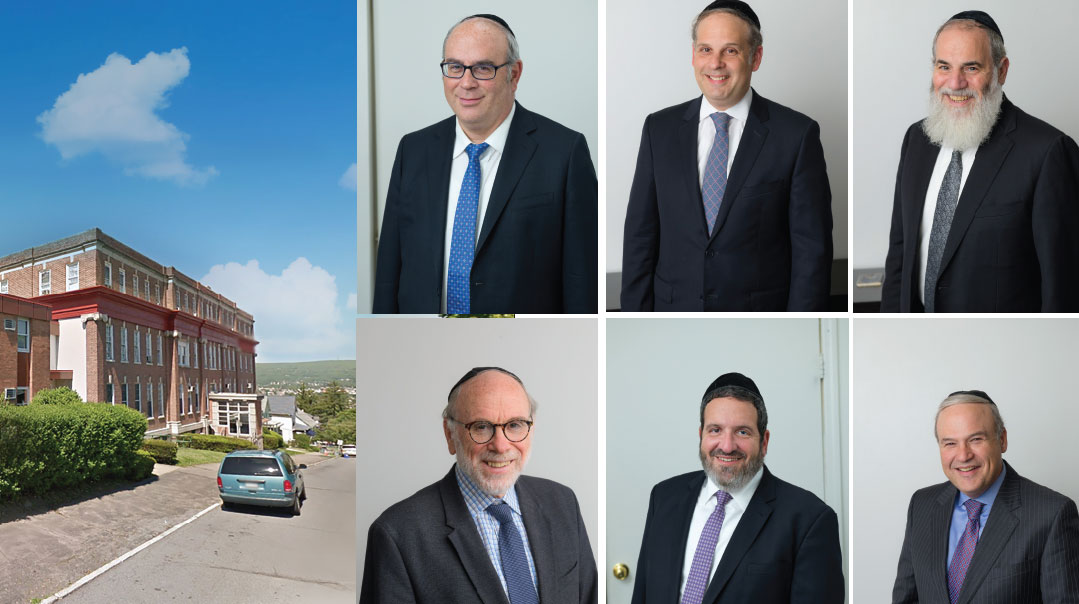
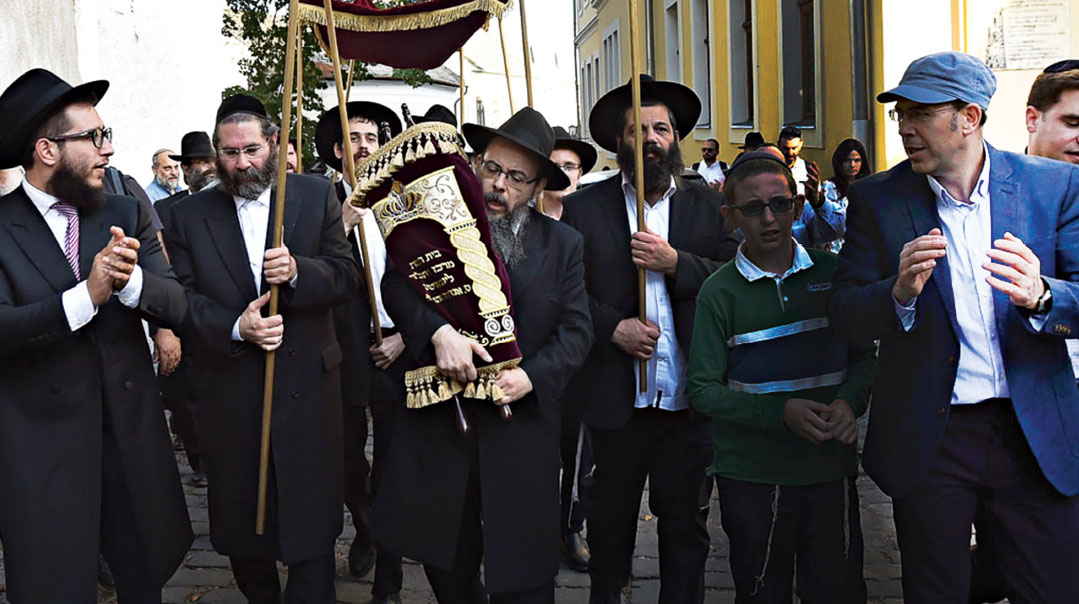
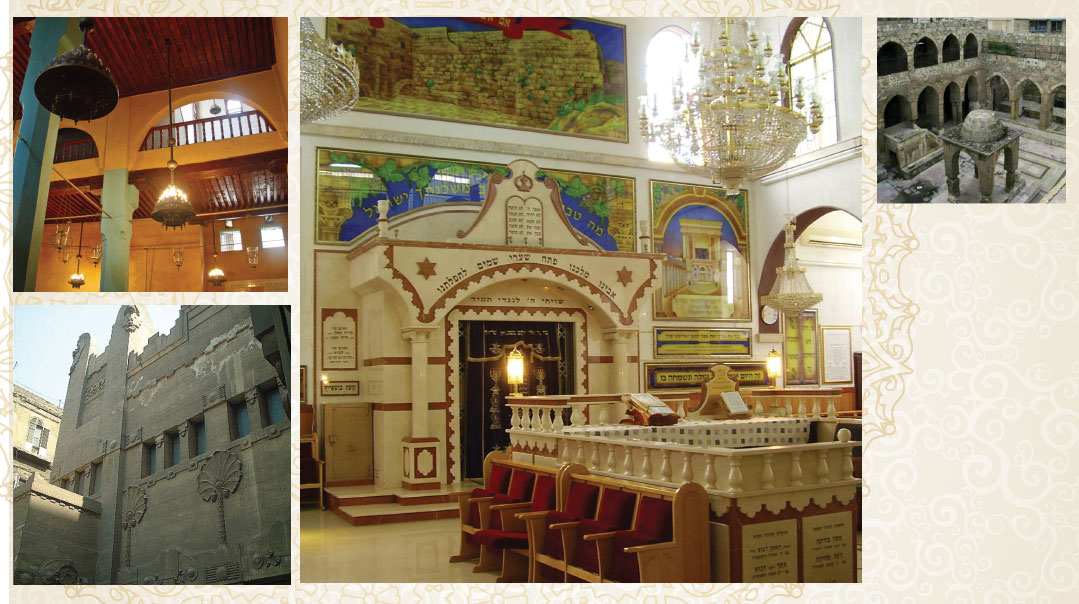
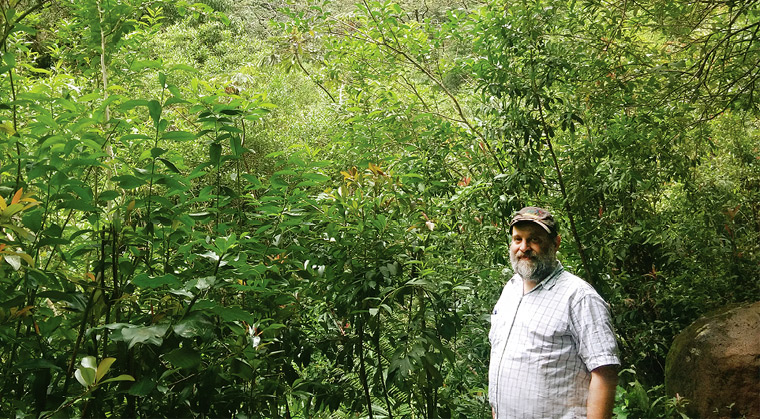
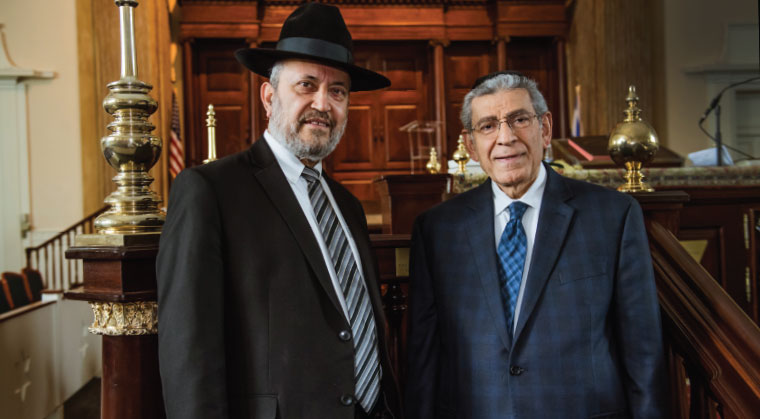


Comments (0)